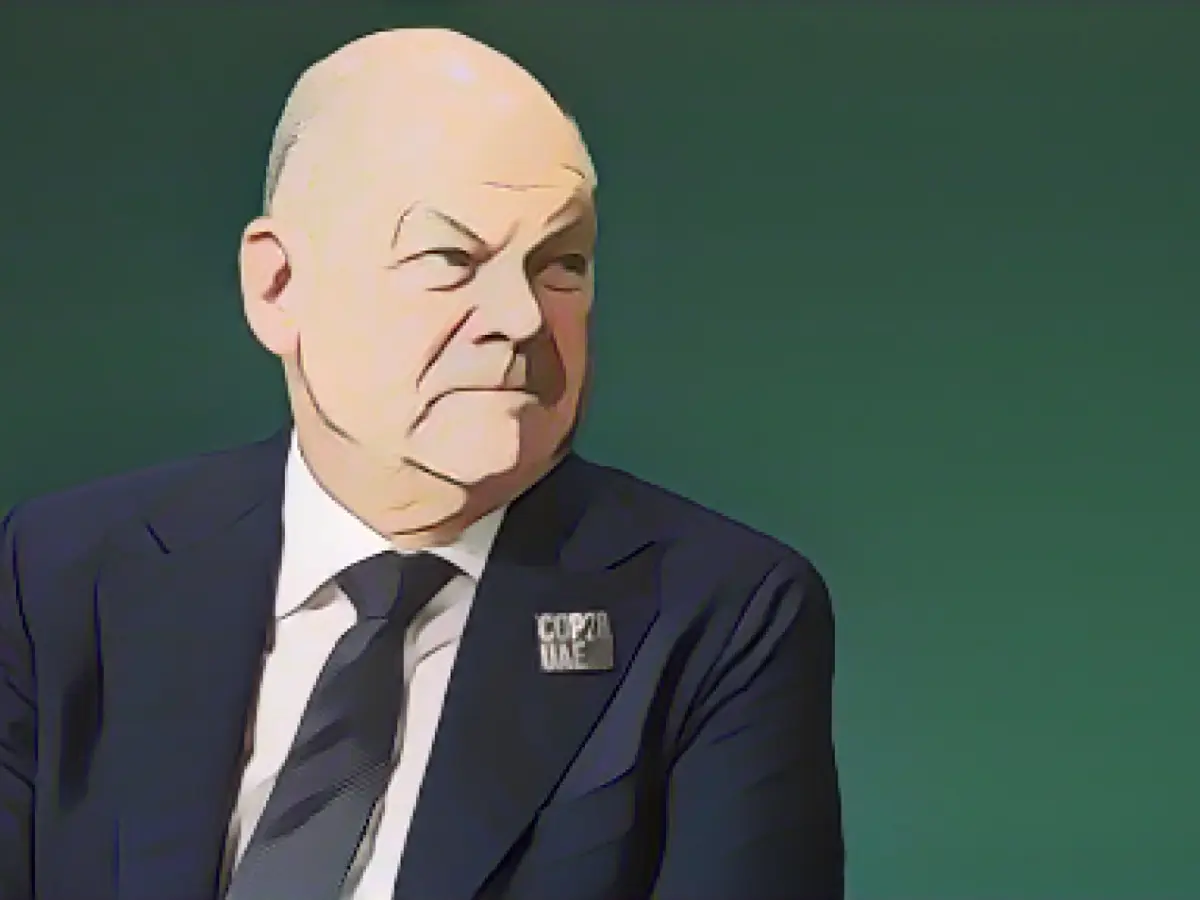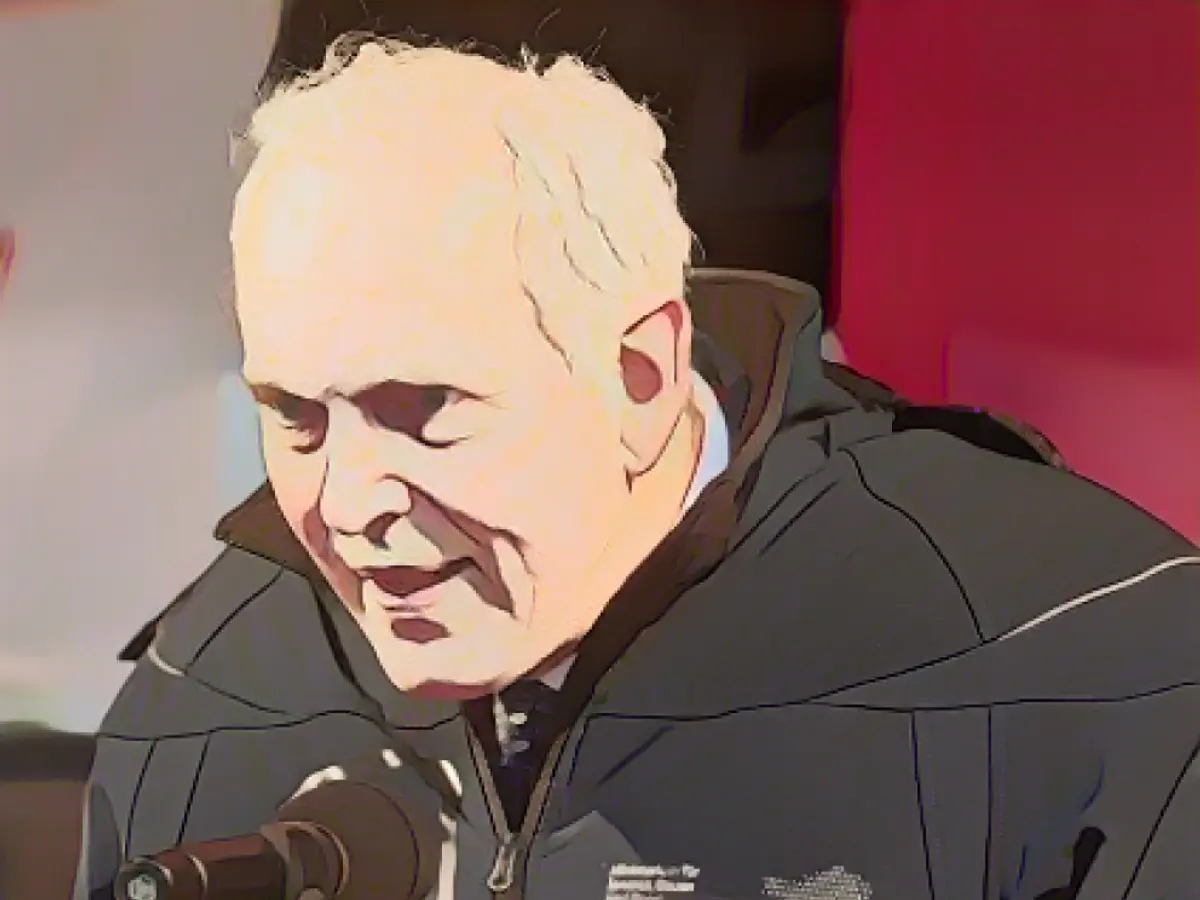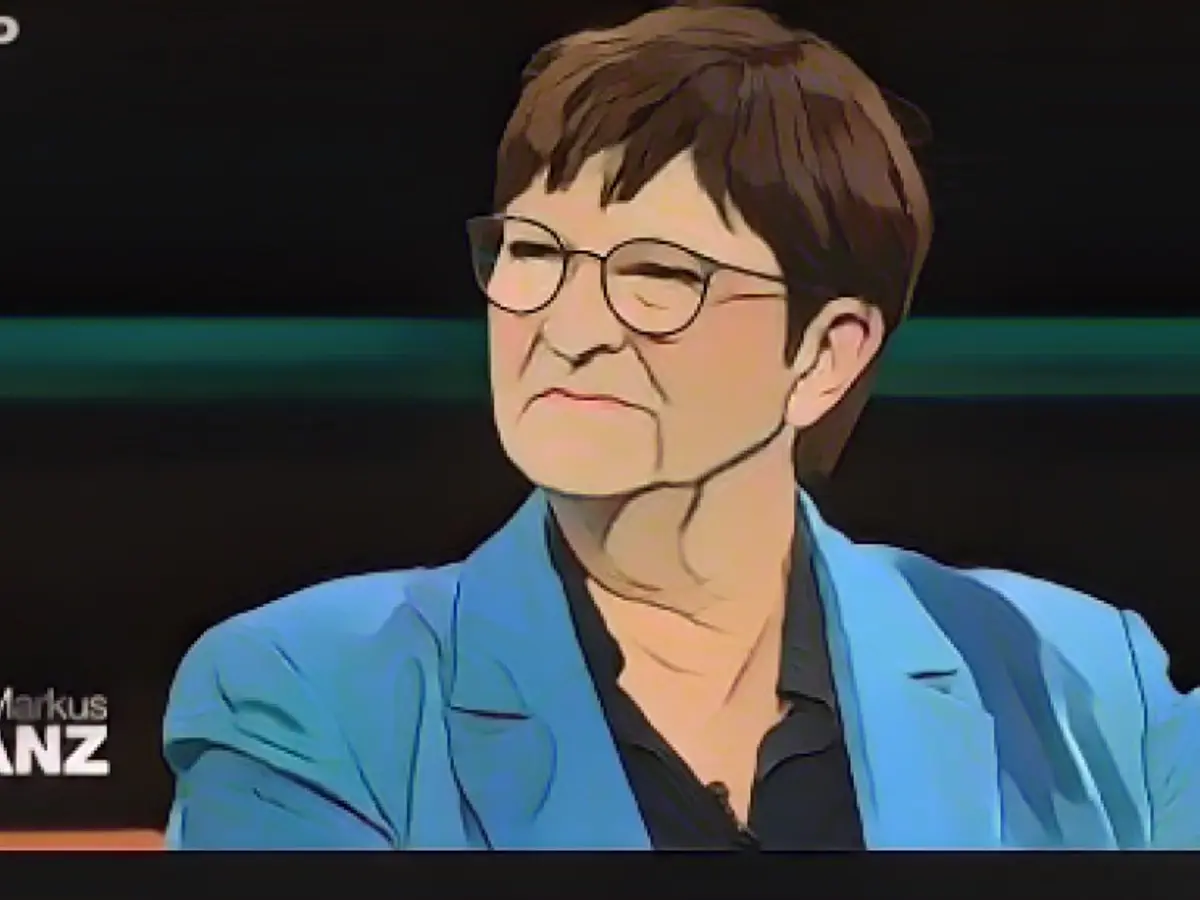In a recent poll conducted by Forsa for stern magazine, Chancellor Olaf Scholz's reputation has taken a substantial hit. Just 10% of Germans now view him as a strong leader, a drastic drop since May 2022. This decline is especially alarming for the SPD, which is currently experiencing polling doldrums, with only 21% of the remaining party voters considering Scholz a strong leader.
Competence is another area where Scholz has slipped. In May 2022, he was perceived as competent by 61% of Germans. This number dwindled to 46% in May 2023, and now sits at a mere 31%. This significant decrease can be traced back to the current budget crisis, which has eroded the aura of professionalism that boosted Scholz's election win in 2021.
Scholz faltered in all four categories assessed by the survey. Only 25% believe he understands the needs of the people, a decrease of 10 percentage points. Trustworthiness has also dropped, with 32% expressing confidence in Scholz, down 12 percentage points. He is also failing to win over half the German population on more personal traits, with likeness dropping to 41%, down 5 percentage points, and clarity in speech decreasing to 42%, down 9 percentage points.
In the wake of the budget crisis, Germany's coalition leadership is scrambling for solutions. However, Scholz's low approval ratings pose a significant challenge to winning back voters and mounting a successful election campaign for the chancellorship, even with a new financial package.
The survey results are a stark indicator of public sentiment towards Scholz. The reasons behind his decline in popularity are multifaceted. Critics argue that the "traffic light coalition" has struggled to tackle economic and social challenges, leading to a lack of confidence in Scholz's leadership. The coalition's policies, such as deficit reduction, renewable energy support, and increased arms spending, have caused internal discord. Additionally, Scholz fails to captivate significant voter demographics, including the younger and middle-aged.
Sources:
[1] Forsa poll results. (November 30-December 1, 2023) [2] Survey analyzes and expert opinions [3] Public opinion data from various research institutes and polls [4] Political commentary and analysis in German media outlets and think tanks.
Enrichment Data Integration: Recent surveys reveal that numerous factors have contributed to Scholz's plummeting approval ratings. Critics argue that the "traffic light coalition" has failed to address Germany's economic and social challenges, eroding public trust in Scholz's leadership. Moreover, his perceived ineffectiveness, especially among younger and middle-aged voters, has exacerbated the trend. Interestingly, in a hypothetical direct election, Scholz would be beaten by competitors from both the CDU and the Greens, exposing a voter desire for alternative leadership.






